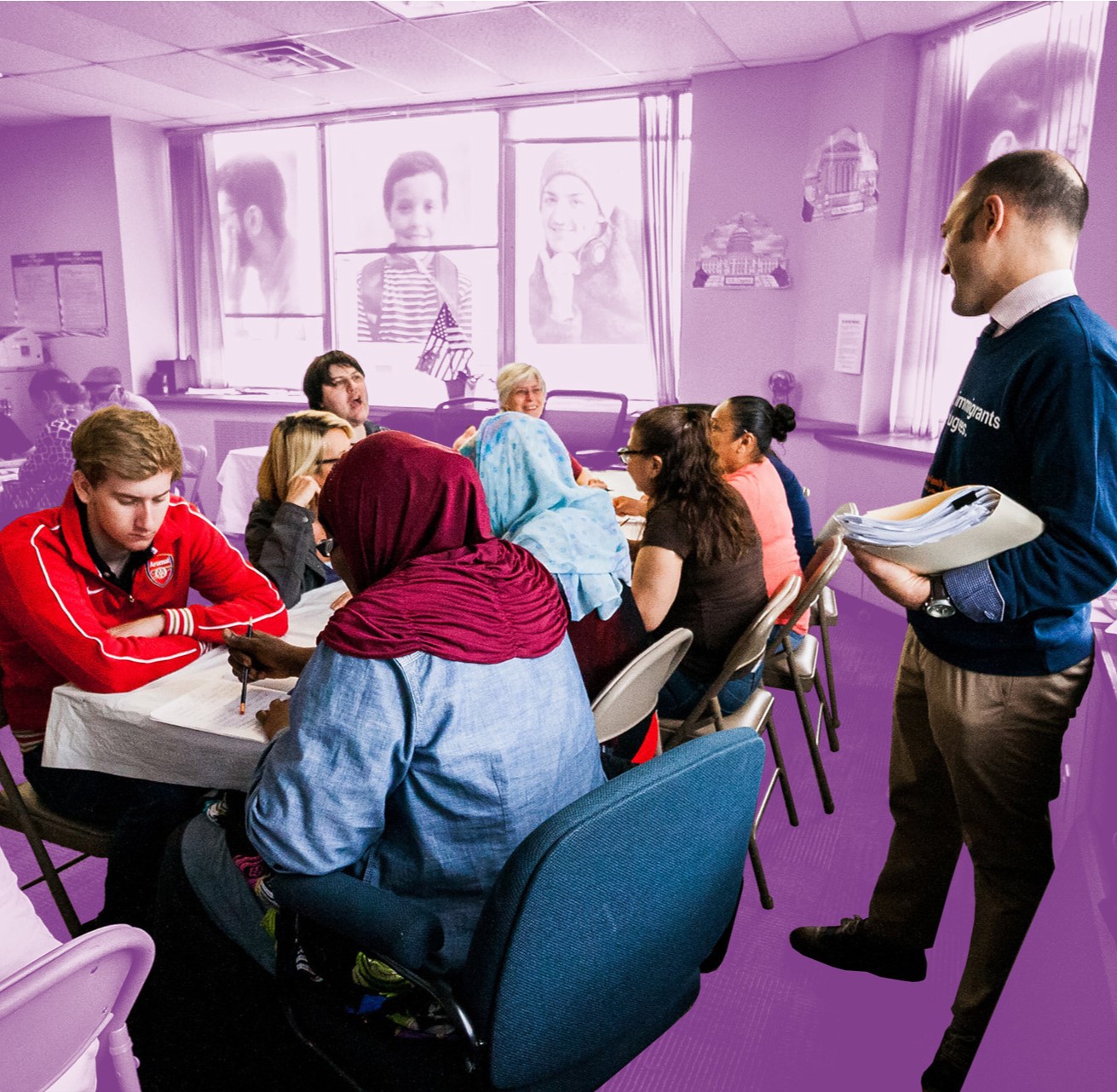Nonprofit software for the greatest good
Change the world with the leading nonprofit software for foundations, corporations, public agencies, and more. Raise more funds, scale your impact, and achieve better outcomes with Bonterra.

For Nonprofits
For Foundations
For Government
For Corporations
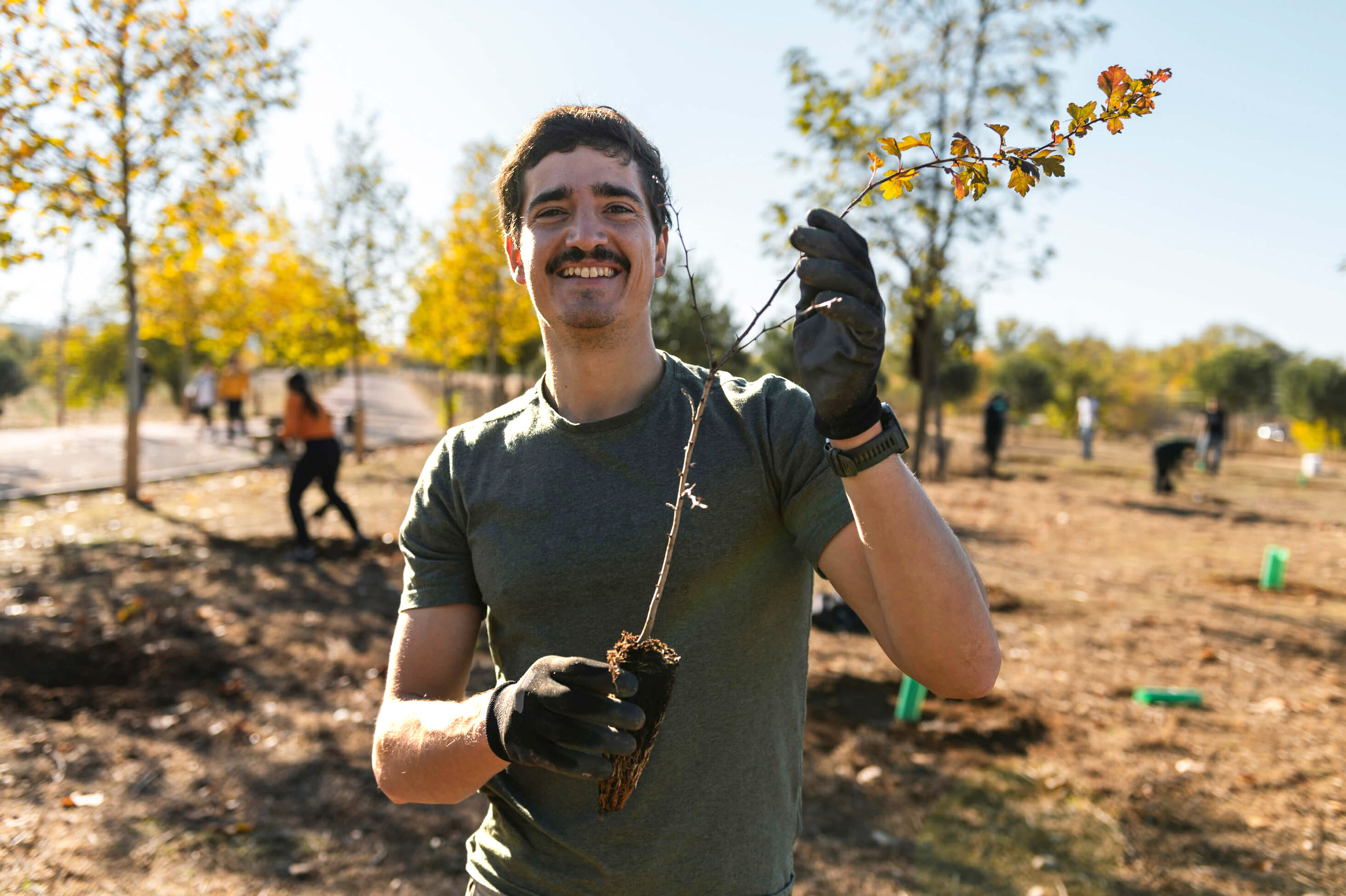

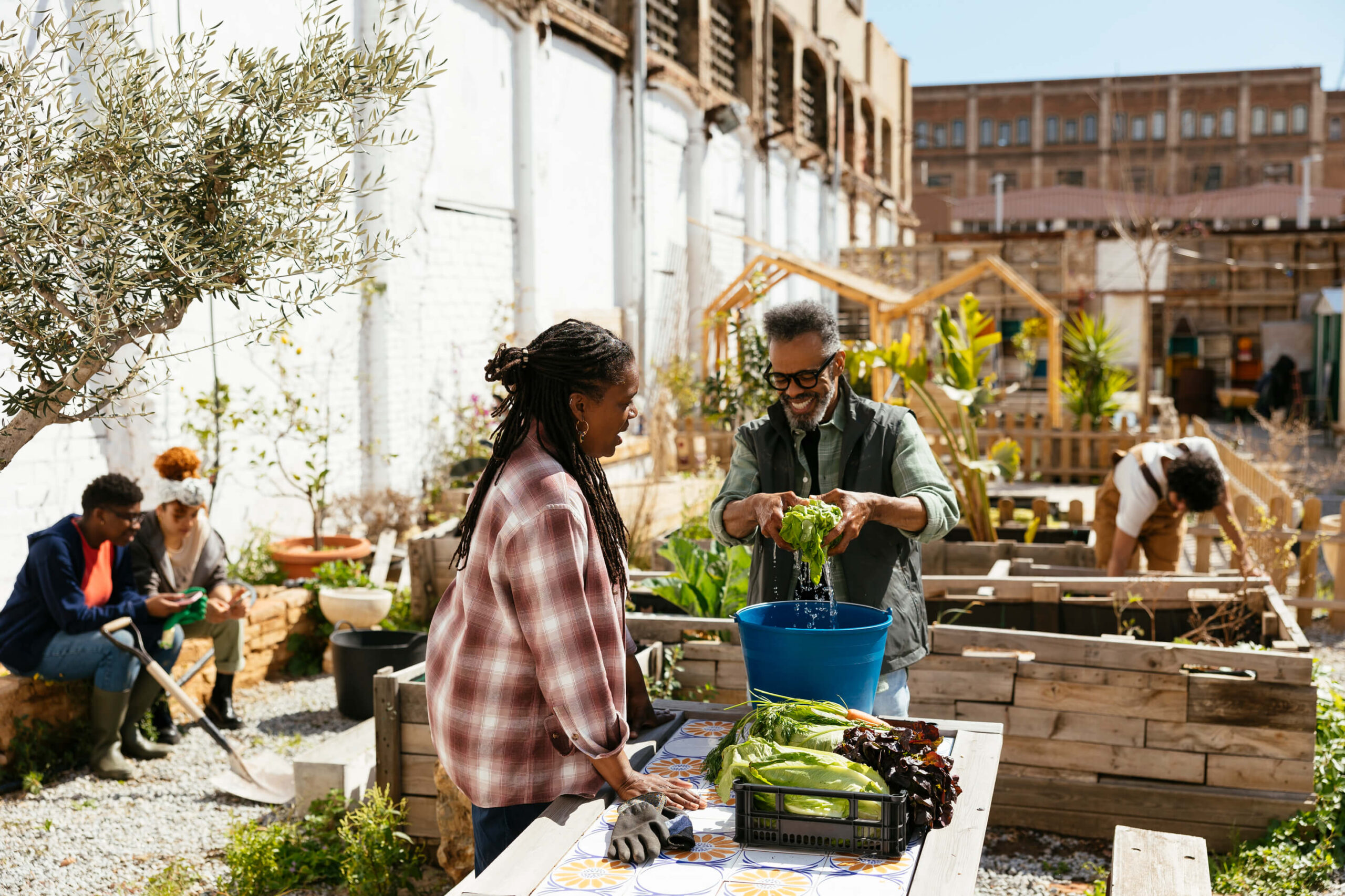
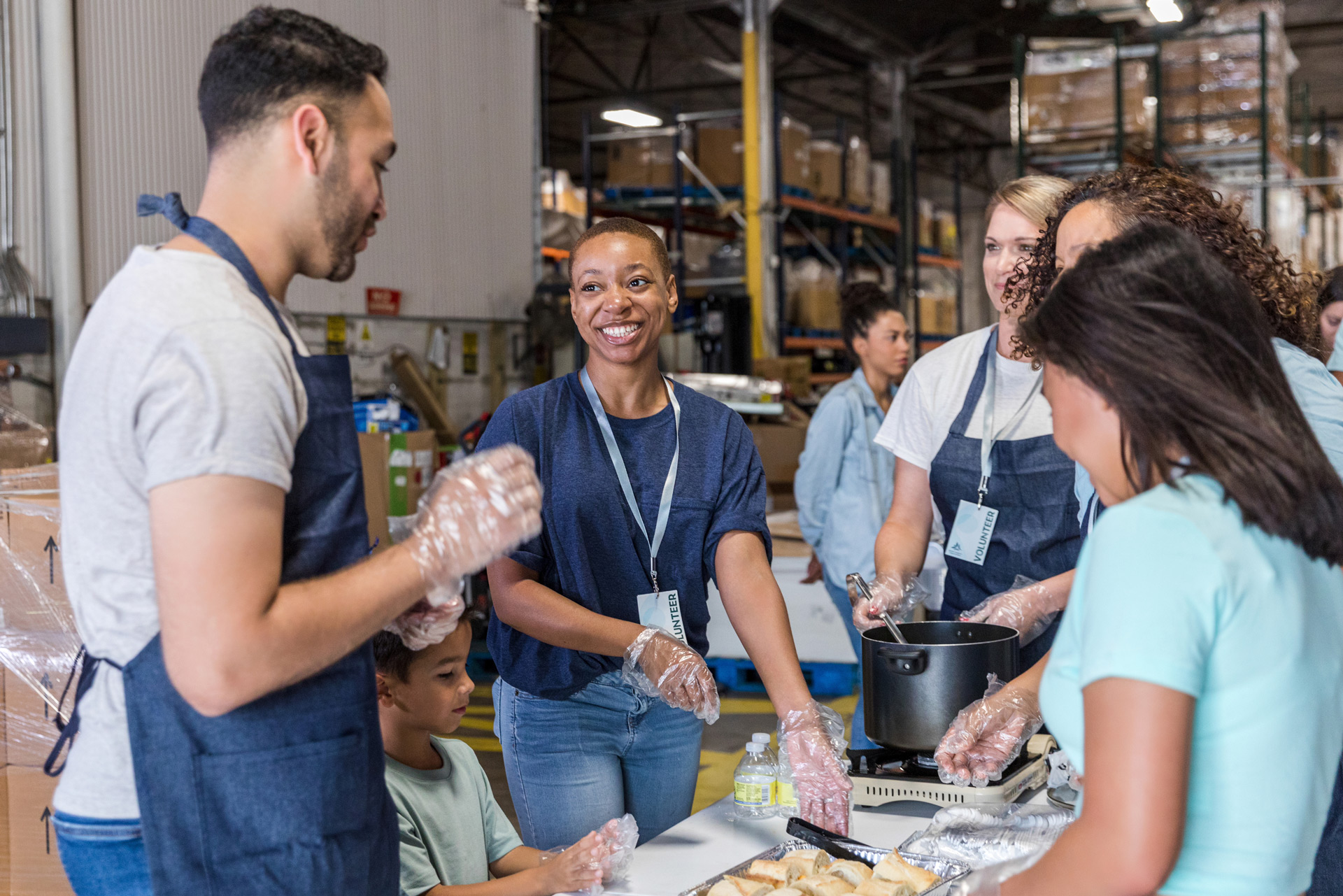
40M+
Lives touched
170K+
Nonprofits in our network
$18B
Annual giving supported
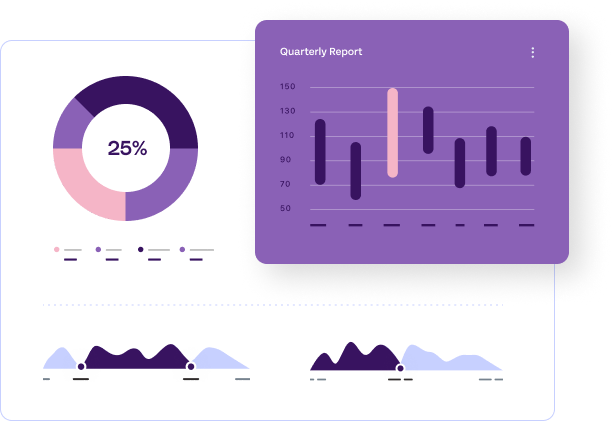
Smarter tools. Stronger relationships.
Bonterra’s nonprofit software enhances fundraising efforts, helping you raise more with less effort. Unlock built-in best practices, donor insights, and expert coaching that empowers your team to grow support and deepen impact.
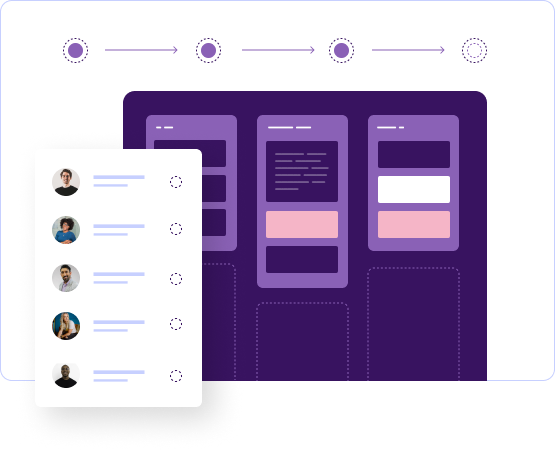
Purpose-driven programs, powered by data.
Bonterra’s CSR platform makes it easy to manage giving, volunteering, and impact reporting in one intuitive platform. So your team can focus on doing good, not juggling systems.
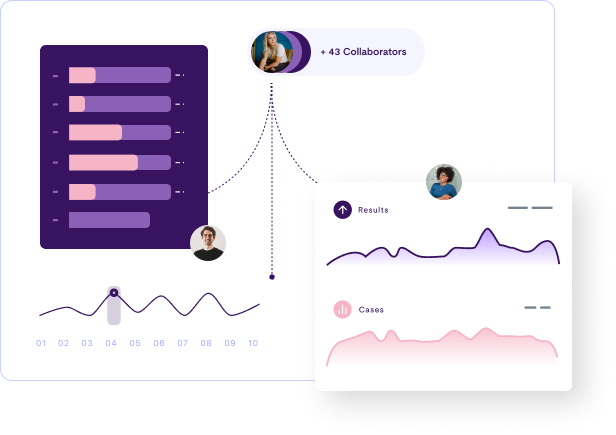
Support every person, streamline every case.
Bonterra’s case management tools help frontline staff stay focused on care, not paperwork. Centralized records, smart workflows, and powerful reporting make it easier to deliver services with dignity and speed.
The latest from our social good ecosystem
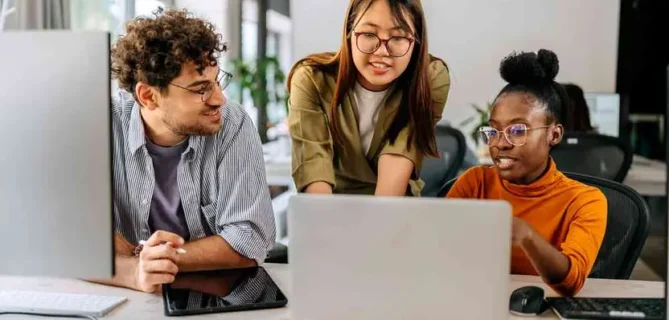
Top 10 questions to evaluate and choose CSR software
For CSR leaders, using corporate social responsibility software to automate grant approvals, track employee donations, disburse funds, and measure impact can reduce administrative work and free up time for your teams. But not all corporate giving platforms are the same — the right solution depends on your company’s unique needs, programs, and goals. For instance, […]

On-demand webinar: Beat the odds and retain more supporters
Ready to get started?
